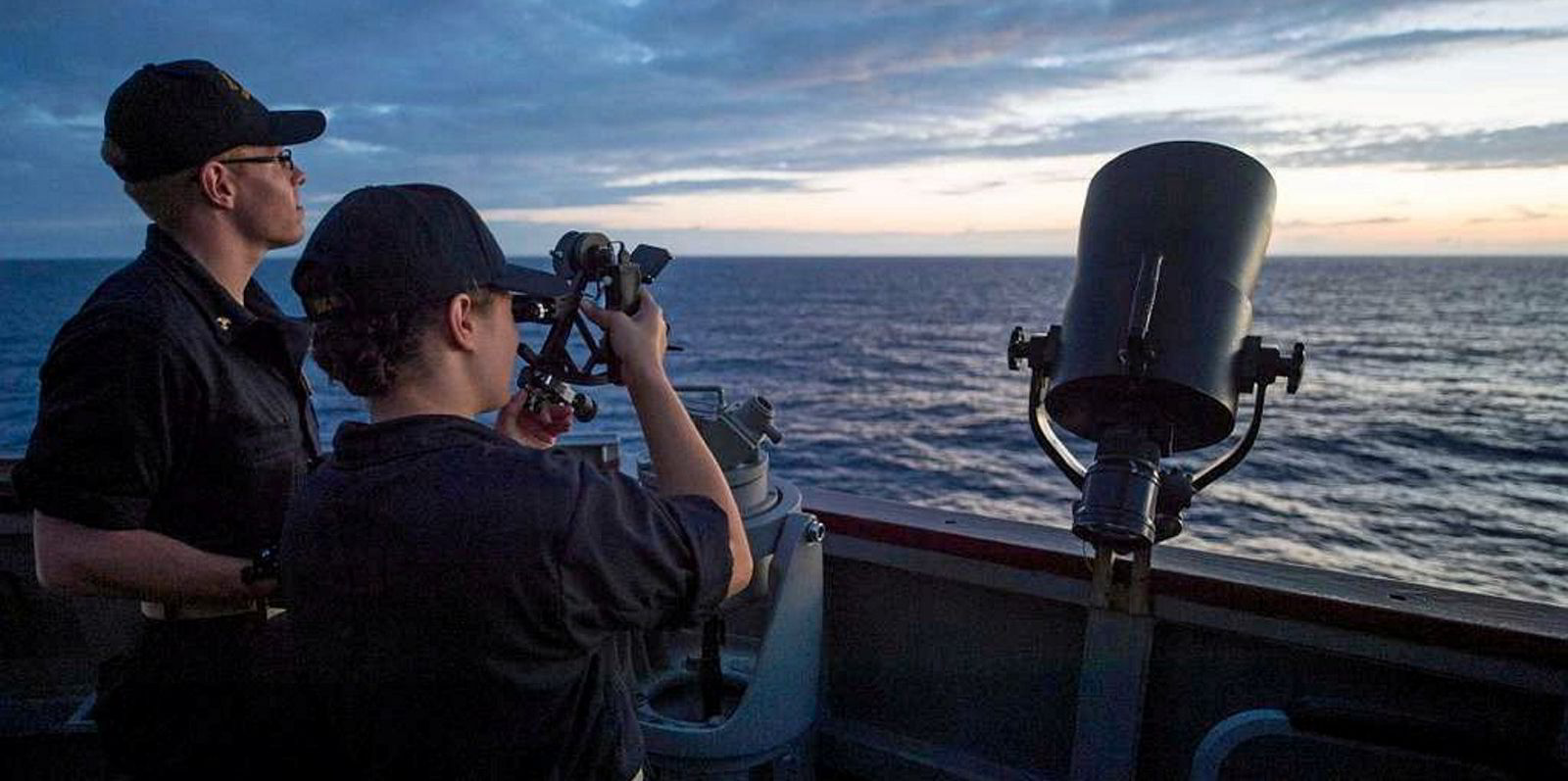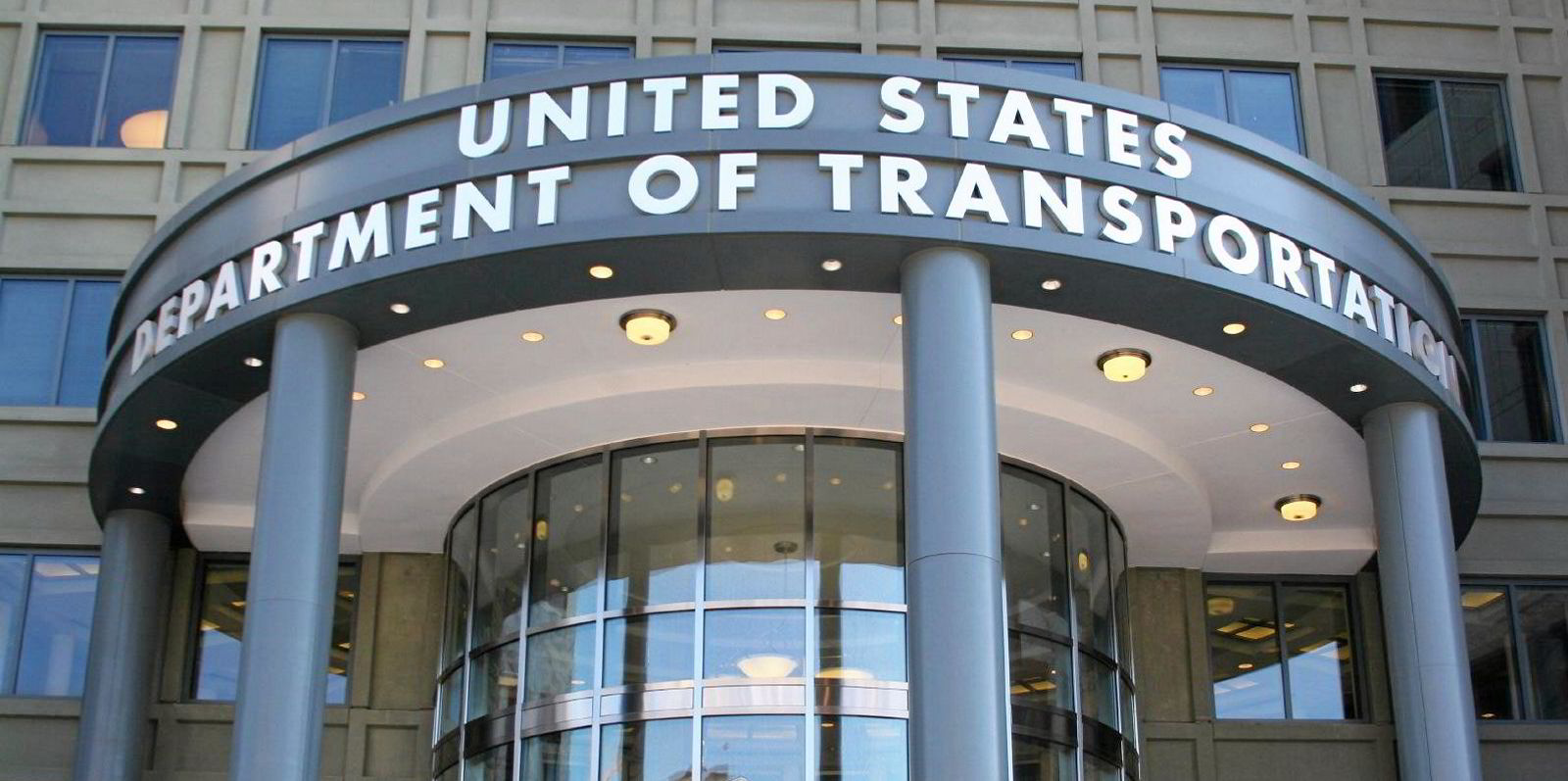Legislators are taking steps to address issues of sexual assault at sea following the most recent scandal in the US merchant marine.
The House of Representatives Committee on Transportation and Infrastructure introduced the Safer Seas Act to help strengthen rules against sexual assault and harassment at sea, while including similar language in the Coast Guard Authorization Act.
“We are taking a critical step toward eliminating sexual violence in the maritime industry,” said representative and committee chair Peter DeFazio, an Oregon Democrat.
“With this legislation, we can help fight assault and harassment in maritime transportation through penalties for perpetrators, new requirements for vessel owners, expanded legal recourse for victims, and a myriad of policies to prevent sexual assault and harassment in the first place.
“I look forward to working with my colleagues to get this legislation signed into law and protect hard-working seafarers.”
If passes, both the Safer Seas bill and a section of the Coast Guard bill would define sexual assault and harassment, mandate video and audio surveillance systems on board, directs shipping companies to put controls on master keys and directs the Coast Guard to set limits on alcohol consumption on board.
They also would prevent individuals convicted of sexual assault and harassment from obtaining merchant mariner credentials, extend the statute of limitations for sexual assault or harassment at sea, and allow seafarers to pursue civil actions for sex crimes.
Last autumn, an anonymous US Merchant Marine Academy student now widely known as Midshipman X detailed her rape aboard a Maersk Line Ltd vessel her sophomore year.
The student said she was pressured into drinking until blackout before being assaulted by the ship's 60-year-old assistant engineer. She wrote that she knew at least five other female students who had also been raped on commercial ships.
The assault happened during Sea Year, when students at the academy spend time aboard US-flag merchant vessels to gain on-the-job experience.
The account, published on the Maritime Legal Aid and Advocacy website, prompted the academy to pause Sea Year for the second time in less than a decade in November. The programme was previously shuttered in 2016, also over issues of sexual assault.
New requirements were made for companies participating in Sea Year in December, but in January the academy's alumni association said the standards were a “non-starter” and took a “bureaucratic approach”.
Among those new requirements, collectively known as Every Mariner Builds a Respectful Culture, or EMBARC, were controls on master keys and the designation of a sexual misconduct contact on board.





